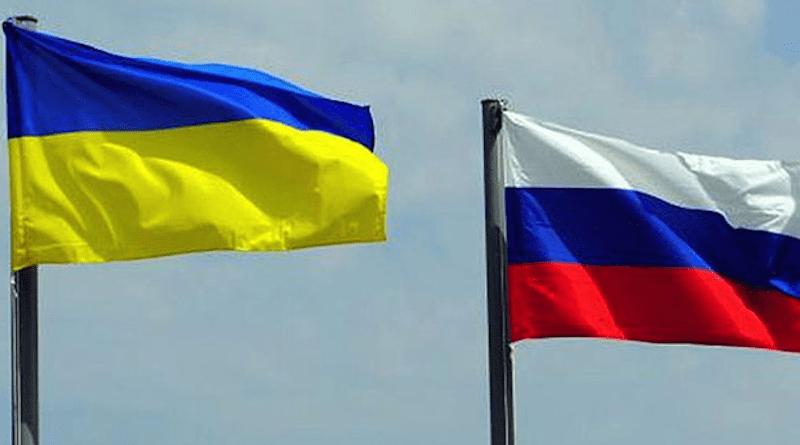Ukraine, Russia And Turkey – Personal Observation
In 1976, I attended a technical training program organized by the United Nations in Moscow for a period of four months on behalf of Turkey. I had just graduated from school and started to work in a public institution. The Soviet Union was experiencing the Brezhnev era. The cold war continued, Moscow was closed to the rest of the world and the West. The UN gathered young engineers from thirty different developing countries of the world. They gave us technical training in machining at a technical university in Moscow. They taught us simple Russian for communication in the market or on the street, the Russian lessons were held in English. Professors were Russian. Our English practice was better than theirs.
They made a itinerary to take us to a Soviet city every month. First we went to the city of Leningrad by train, where we wandered around for a week. The next month we stayed in Tashkent for a week. Then we stayed in Yerevan, Armenia for the third month, and we saw and toured the Metsamor nuclear power plant.
There was Kiev, Ukraine in the program also, scheduled for the last month of our course, but I had to return early to my home country. I could not participate in Kiev program. Years passed, I always thought of making a Kiev program for myself, but it did not happen. It was said to compete with Moscow with its Orthodox churches, Opera, Concert halls, museums and wide streets. It was a rich country with its vast plains mainly producing wheat and other grains, coal with high calorific value and precious rare mineral resources. Now, images of Ukraine appear on the Internet and TV news, and I watch in horror.
Being neighbor to its northern neighbor is a difficult geographical fate. The northern neighbor does not want a NATO or EU member formation in the countries that borders itself. In the difficult economic conditions of 1989 and after, Bulgaria, Romania, Poland and the Baltic countries joined NATO, but such adhoc formations are impossible from now on.
Georgia wanted to enter NATO, but the superpower neighbor did not allow it. Azerbaijan always got on well with Russia and did not embark on such adventures. Former Soviet members in the Central Asian republics always followed in the footsteps of their elder brother. Finland and Sweden have been independent since WWII and are not part of any defense pact. We often act in our own interests. Due to the fate of Turkish geography, we have a fuel dependency on our northern neighbor. We could not free ourselves from this addiction.
We have been a member of NATO since 1952, but we are taking our foreign policy of acting independently and using our past WW2 experince and abstaining from the WW2 process. We use our protection opportunities provided by the Montreux agreement on Bosphorus.
Unfortunately, the Ukrainian administration and people do not have much choice, they have no opportunity to act otherwise. Ukranians cannot withstand much in the face of almost unlimited human and weapon power of its Eastern neighbor. The effect of Stringent and Javelin weapons from the USA and EU countries will be limited, foreign troop support is impossible. Freezing the bank accounts of the upper administrators and financial SWIFT sanctions are not enough for the neighbors. I hope and wish everything will get through with the least damage, I would say.

